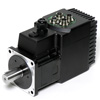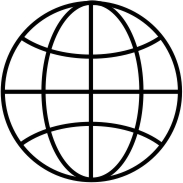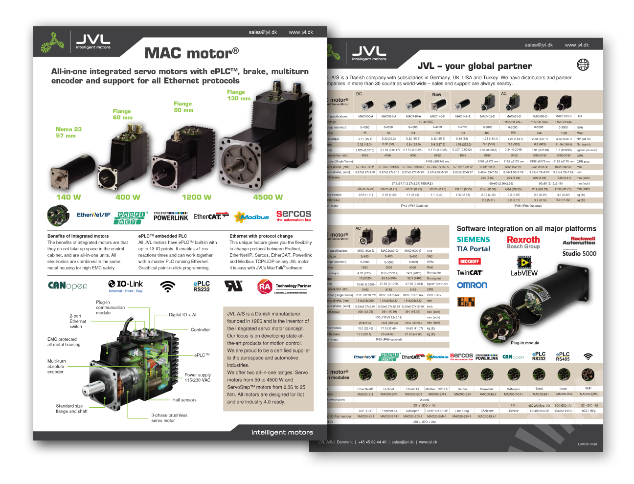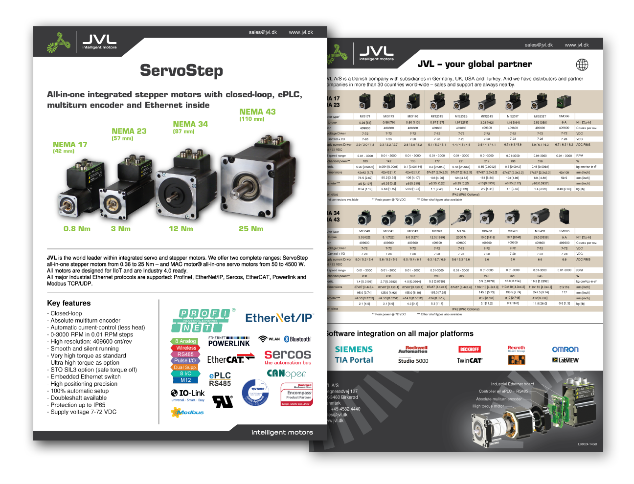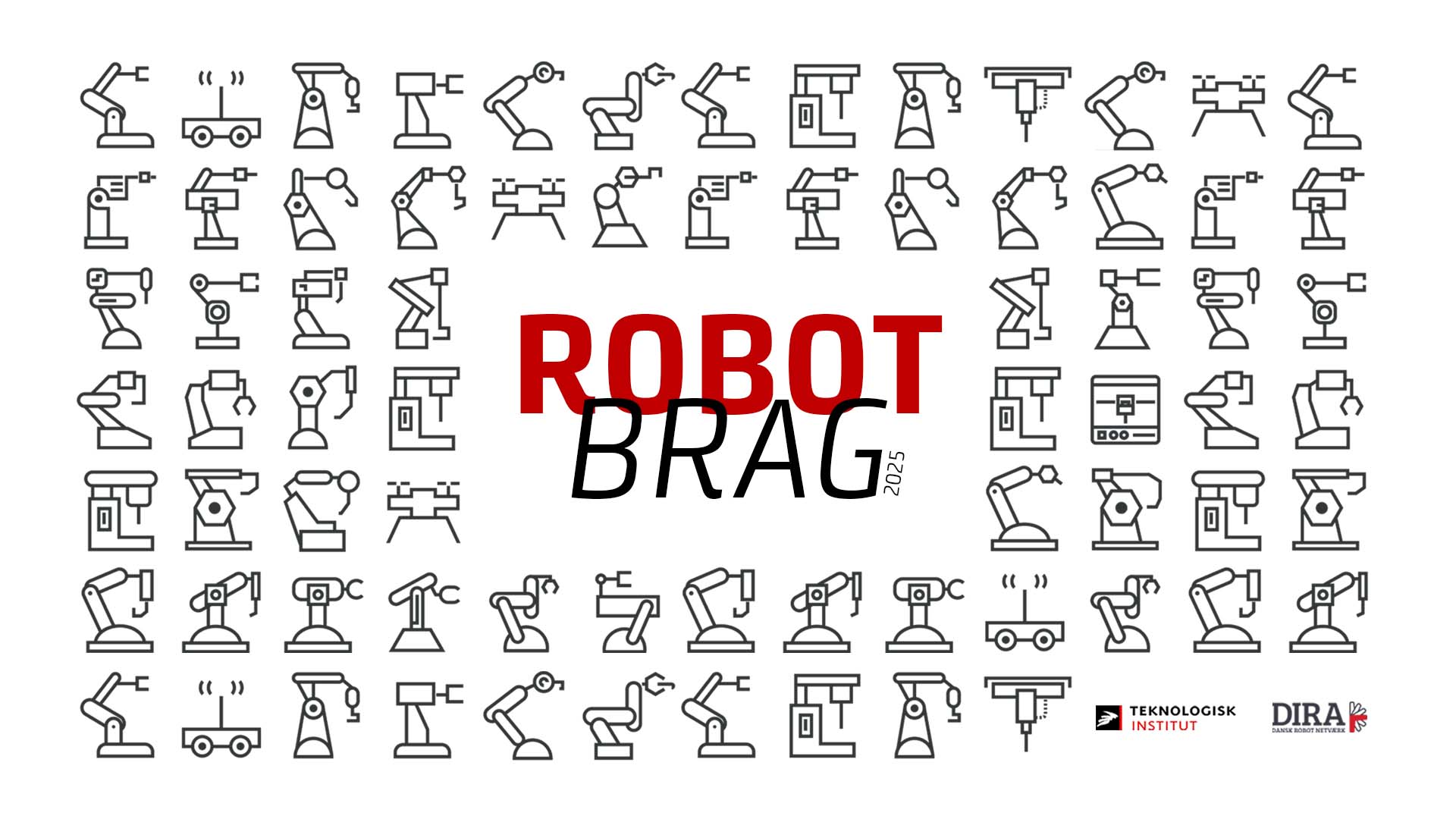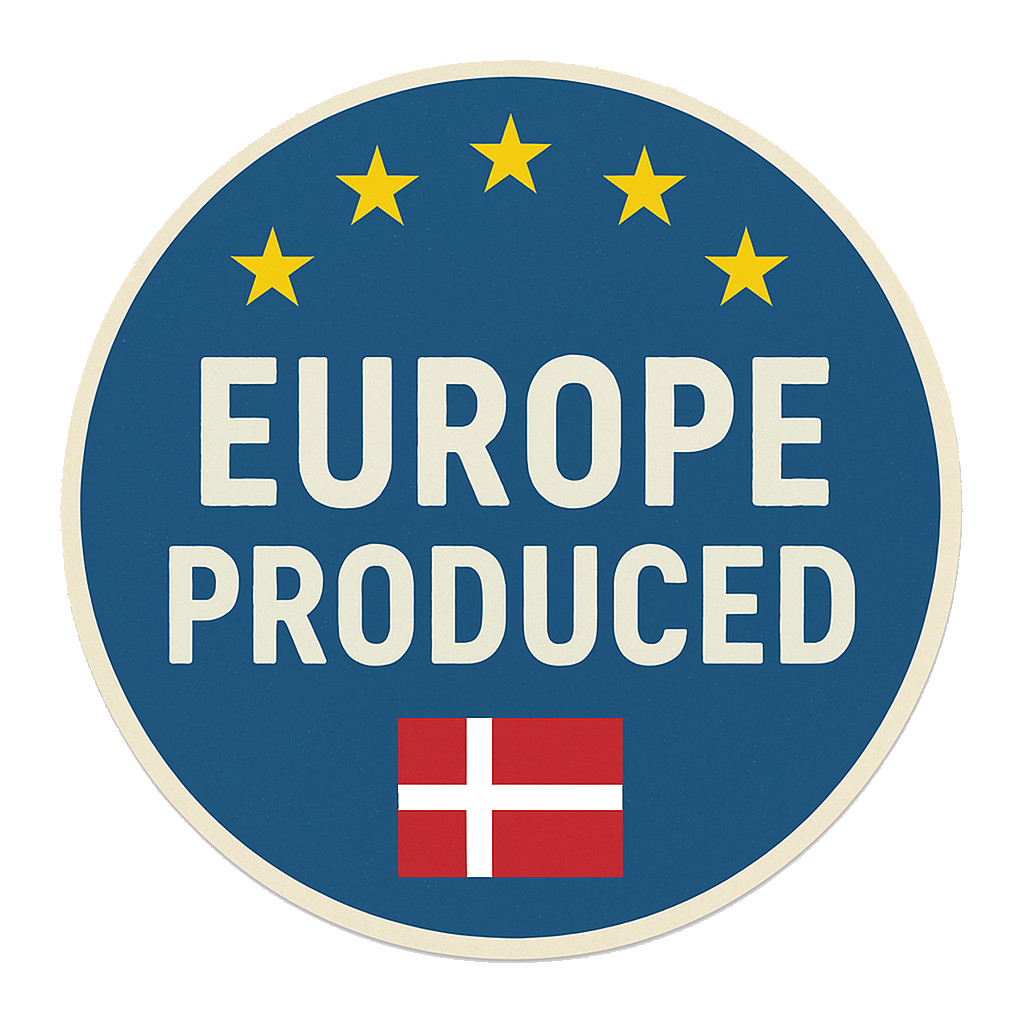
Modbus TCP/IP Module for MAC - MAC00-EMx
|
Modbus TCP/IP with M12 connectors few IO. MAC00-EM4:
Modbus TCP/IP with M12 connectors many IO. MAC00-EM41:
|
|
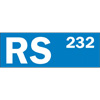 |
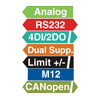 |
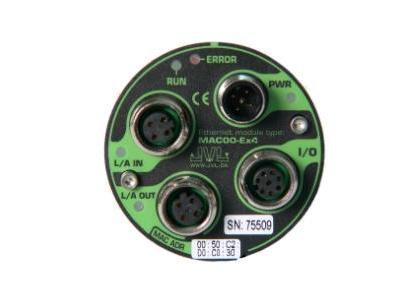 |
|
 |
|||||
Modbus was originally developed by Modicon and today, it is managed by the Modbus-IDA User Organization.
Modbus is an open Master/Slave application protocol, that can be used on several different physical Layers.
Modbus is an application-layer messaging protocol, positioned at level 7 of the OSI model. It provides client/server communication between devices connected on different types of buses or networks.
Modbus-TCP means that the Modbus protocol is used on top of Ethernet-TCP/IP. Modbus-TCP is an open Industrial Ethernet network which has been specified by the Modbus-IDA User Organization in co-operation with the Internet Engeneering Task Force (IETF) as an RFC Internet standard. Modbus devices are certified by the Modbus-IDA User Organization for interoperability and conformance to the Modbus specification.
Disparaged by critics but highly valued by those who have used it, Modbus-TCP isn't really anything new. Rather more, it was solely necessary to approve Ethernet-TCP/IP as an additional data transmission technology for the Modbus Protocol, which has been available since 1979. The well-proven Modbus services and the object model which has been available since the original Modbus protocol version are unchanged, and have simply been adapted to TCP/IP as the data transmission protocol. This extends the Modbus family with an additional product range, which now consists of the classical Modbus-RTU (asynchronous data transmission via RS-232 or RS-485), Modbus-Plus (high speed communication via a Token Passing Network) and Modbus-TCP (Ethernet-TCP/IP-based client/server communication). All of these versions share the same application protocol, which specifies a universal object module for user data and communication services.
|
DETAILED
|
|
|
|
DOWNLOAD |
JVL A/S Bregnerødvej 127 DK-3460 Birkerød Denmark
Tel: +45 4582 4440 Fax: +45 4582 5550 E-mail: jvl@jvl.dk
Tel: +45 4582 4440 Fax: +45 4582 5550 E-mail: jvl@jvl.dk

